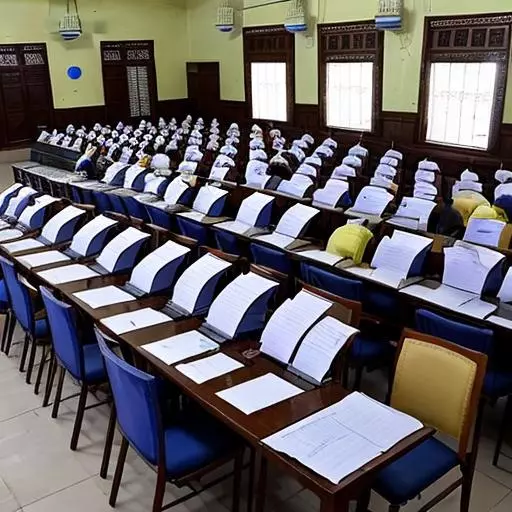Introduction
As the world’s largest democracy, India boasts a diverse and vibrant political landscape. However, concerns about voter suppression and electoral integrity continue to challenge the democratic foundation of the nation. This blog explores the critical issues surrounding voter suppression in India and highlights the importance of safeguarding democracy for the future.
- Voter Suppression in India: Understanding the Challenges
Voter suppression can manifest in various forms, such as voter intimidation, gerrymandering, and restricting access to the ballot. In the Indian context, it often involves issues like voter ID restrictions, unequal access to polling stations, and the disenfranchisement of marginalized communities. Understanding these challenges is the first step in addressing them.
- Ensuring Universal Suffrage
Universal suffrage, the right of all eligible citizens to vote, is a cornerstone of a healthy democracy. To safeguard democracy in India, it is crucial to ensure that every eligible citizen has equal access to the voting process. Efforts should be made to overcome barriers that prevent marginalized communities from participating in elections.
- Promoting Voter Education
One of the most effective ways to combat voter suppression is through voter education. When citizens are informed about their rights, the voting process, and how to register, they are better equipped to navigate any obstacles that might be put in their way. Voter education initiatives can empower individuals to exercise their franchise confidently.
- Strengthening Electoral Institutions
Electoral institutions, such as the Election Commission of India, play a vital role in ensuring electoral integrity. These institutions should be strengthened and provided with the necessary resources to enforce fair and transparent elections. Transparency and accountability in the electoral process are crucial in preventing suppression and fraud.
- Electoral Reforms
Periodic electoral reforms are essential to adapt to changing circumstances and address emerging challenges. Comprehensive reforms should focus on redistricting, campaign finance, and the regulation of political parties. These changes can help reduce the influence of money in politics and ensure fair representation.
- Leveraging Technology
Technology can be a powerful tool for enhancing electoral integrity. Implementing modern voting systems, blockchain technology for secure and transparent voting, and voter registration databases can help minimize fraudulent practices and enhance the efficiency of the electoral process.
- Empowering Civil Society
Civil society organizations, non-governmental organizations, and watchdog groups have a critical role to play in monitoring electoral integrity. They can serve as independent observers and advocates for fair elections, shedding light on irregularities and holding authorities accountable.
- Public Awareness and Advocacy
Creating public awareness and advocacy campaigns can draw attention to the importance of electoral integrity and the dangers of voter suppression. Grassroots movements and public pressure can bring about the necessary changes in electoral policies and practices.
- International Collaboration
India can benefit from international collaboration and exchange of best practices in electoral integrity. Collaborating with other democracies and participating in global initiatives for free and fair elections can strengthen India’s democratic processes.
- A Collective Effort
Safeguarding democracy in India is a collective effort. Political leaders, civil society, and citizens all have a role to play in preserving the democratic values that the nation was founded upon. By addressing voter suppression and striving for electoral integrity, India can ensure that its democracy continues to thrive.
Conclusion
The challenges of voter suppression and electoral integrity are complex, but they are not insurmountable. Safeguarding democracy in India requires a multi-faceted approach, encompassing voter education, institutional reform, technological advancements, and active civil society engagement. By addressing these issues head-on, India can strengthen its democratic foundations and ensure that every citizen’s voice is heard and valued in the electoral process. In doing so, India can continue to serve as a beacon of democracy on the global stage.

